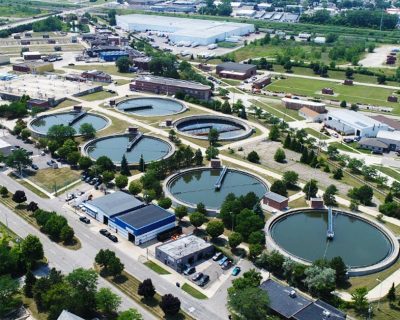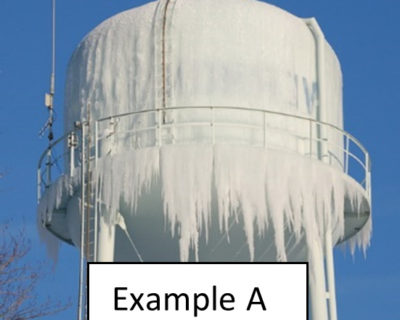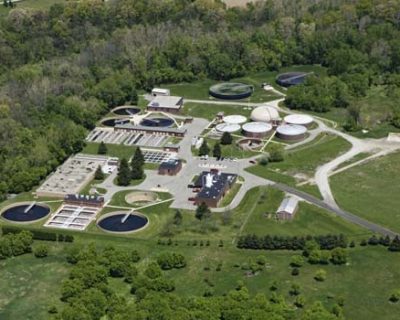Learn
How to Select a Calibration Firm
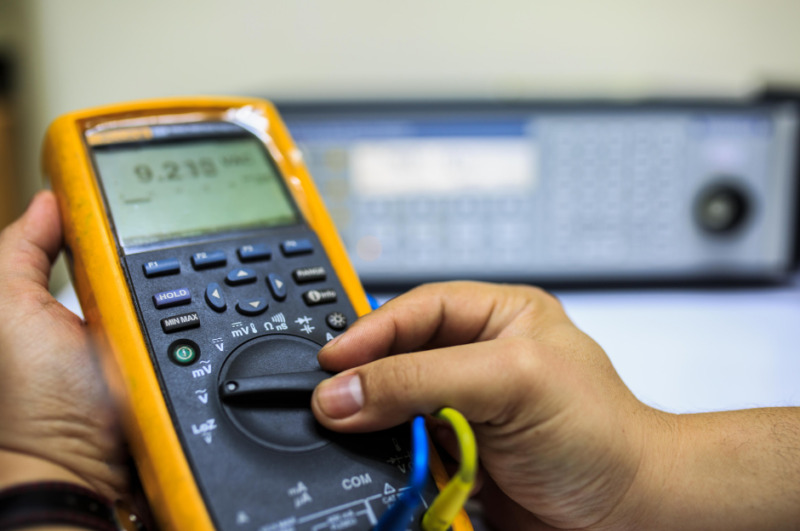
When you file a report to the regulatory agencies or management, how confident are you that the figures are correct? That your chemical injections are appropriate? Instruments can be precise but not accurate or accurate but not precise. Or, at worst, inaccurate and ambiguous. An inexperienced municipal calibration technician can be disastrous to the reliability of your calibration reports. That is why it is very important to understand how to select a calibration firm.

Are Instruments Accurate and Precise?
If your instruments are not both accurate and precise (See diagram), you risk losing the confidence of the regulatory agency, your residents, and your management. Ensuring calibration is done by a qualified technician from qualified firms is essential in building trust.

Characteristics of a Great Calibration Company
A qualified municipal calibration firm has, as a minimum, the following:

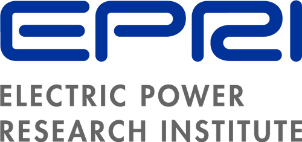
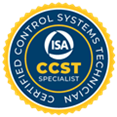
- Can advise in the development of custom municipal calibration programs
- EPRI and/or ISA-trained technicians
- Accredited to ISO/IEC 17025 standards to ensure accurate and precise calibrations
- All calibration tools are calibrated once a year by an external laboratory, such as ABAB Calibration Laboratory, to QS9000 and ISO/TS16949 standards
- Specializes in water and wastewater calibration with more than 10 years in the industry
- In addition to knowing how to calibrate instruments, the firm has calibration technicians that
- Know how to cycle all components, such as valves and gates, that normally do not get cycled
- Check for residue build-up from leaks
- Check instrument logs for errors
- Clear logs as needed
- Review past calibration documentation
- Generates professional calibration reports showing what was calibrated and what needs maintenance
- Strong customer service, able to respond quickly, and is AlwaysOn™ for any emergency
- Is capable of troubleshooting and repairing instruments
- Has a routine reminder system to ensure calibrations are done periodically
In addition, other qualifications that further enhance the firm’s capabilities are:
- Invest annually in calibration equipment
- Train technicians routinely
The steps are simply as follows:
- Develop the general scope of work
- List the assets that require monitoring and control
- List the parameters that are to be monitored
- List the key features required with the SCADA software
- Issues a request for qualification
- Evaluate the qualifications
- Develop a short list of qualified firms to interview
- Conduct Interviews
- Rank firms
- Select the top-ranked firm
- Jointly define the scope with the top-ranked SCADA integrator
- Negotiate the fee
- Execute the contract
If you can’t agree on a scope and fee, move to the second-ranked firm.
Municipalities that don’t have the resources to use a QBS procurement system will engage a consultant to join their team and fill that gap.
New to QBS?
- The internet offers many resources available to guide you through the process. For municipalities, the American Public Works Association (APWA) offers the APWA Red Book, a guide for public agencies that includes a step-by-step process. In Michigan, there is the website qbs-mi.org
Summary
Using a qualified municipal calibration firm provides the operating team with confidence codes. It ensures that regulatory and production reports are accurate, plans are well documented, processes are efficient, and alarms are real. A QBS bid process is the best way to contact a qualified municipal calibration firm.
Learn More
Want to dive deeper? Check out our white paper on How to select a municipal water or wastewater calibration firm



